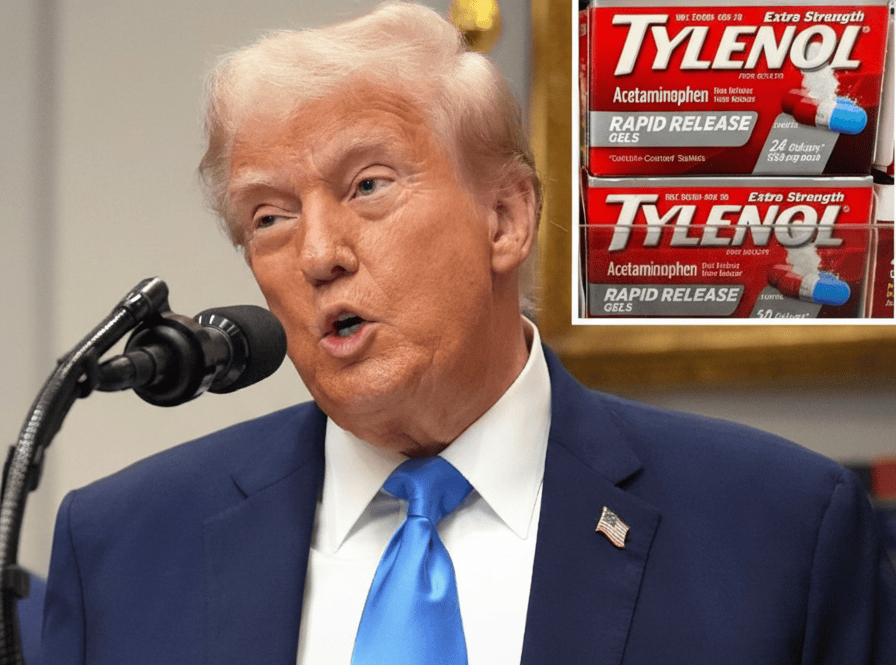Trump Announces FDA Will Change Tylenol Safety Label, Urges Expecting Mothers to Avoid It Over Autism Risk
In a press conference that instantly grabbed headlines, Donald Trump stood before cameras and made a declaration that stunned both supporters and critics. He announced that the Food and Drug Administration would be updating Tylenol’s safety label, specifically warning pregnant women about potential autism risks associated with the widely used drug. With his usual mix of bluntness and authority, Trump said, “Don’t take it,” urging expecting mothers to avoid Tylenol altogether unless they were fighting a high-risk fever.
Tylenol, known generically as acetaminophen, is one of the most common over-the-counter medications in the world. For decades it has been the go-to option for pregnant women dealing with headaches, aches, or fevers, precisely because many other painkillers are considered unsafe in pregnancy. Trump’s statement challenged that assumption in a very public way, putting one of the most trusted medications under an uncomfortable spotlight.
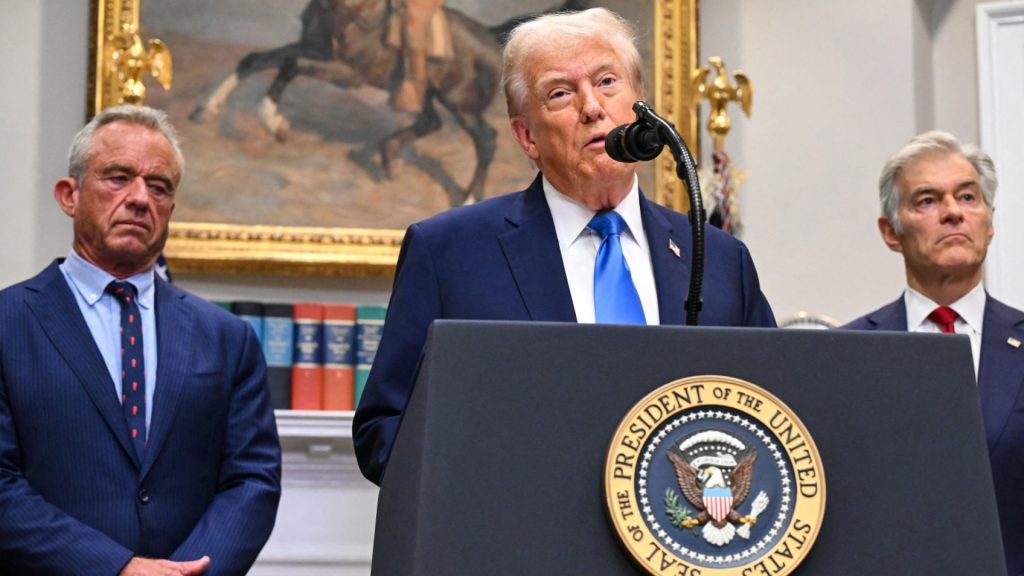
The moment was charged with emotion. Trump framed his warning as a matter of common sense, saying studies had shown associations between prenatal Tylenol use and higher risks of autism in children. Although research has raised questions in the past, no conclusive scientific proof has ever confirmed a direct link. That distinction matters, and it’s exactly why the medical community reacted almost immediately. Many doctors and scientists reminded the public that the evidence remains inconclusive, that observational studies cannot prove cause and effect, and that fear-driven health decisions can sometimes do more harm than good.
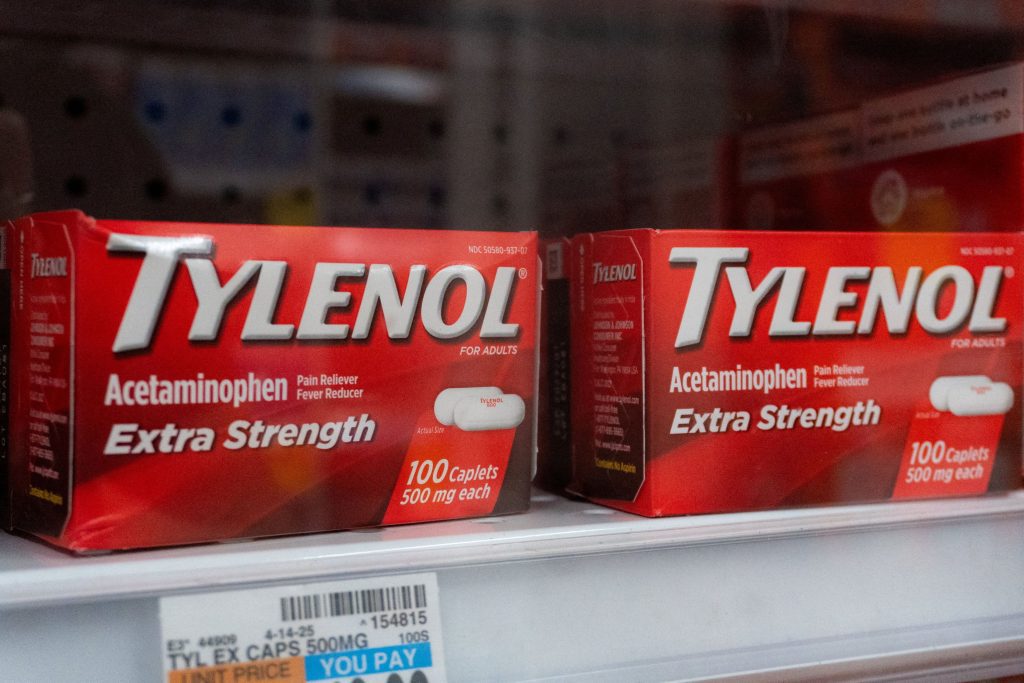
Still, Trump’s words carried a weight that cannot be ignored. Millions of women rely on Tylenol during pregnancy, especially since alternatives like ibuprofen and aspirin are strongly discouraged due to risks of birth complications. For expectant mothers, the idea that something so trusted might pose dangers to their unborn child is terrifying. The reassurance that Tylenol has long been considered safe clashes with the fear sparked by the announcement, leaving many families caught in confusion and doubt.
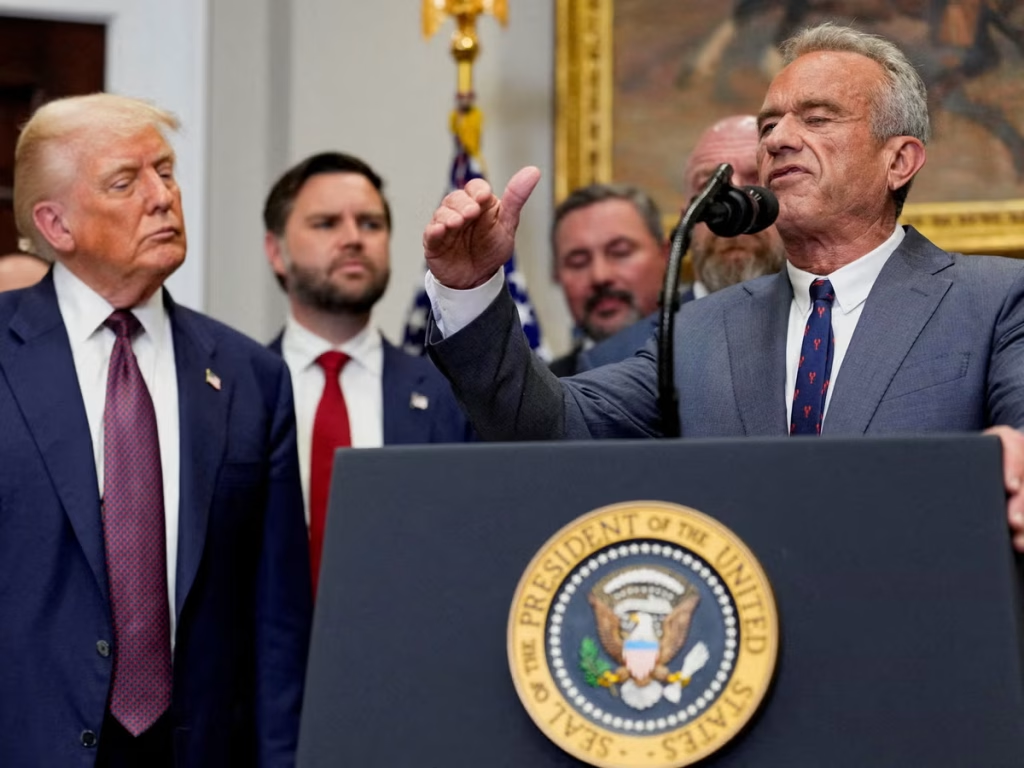
What made the moment even more striking was Trump’s insistence on urgency. He described autism as a “horrible, horrible” outcome and positioned his stance as protective of future generations. He argued that too often, big pharmaceutical companies escape scrutiny and that “life is common sense” when it comes to connecting dots that researchers seem hesitant to declare outright. By pushing the FDA to change the label, Trump essentially gave a governmental stamp to concerns that were once limited to scattered studies and ongoing debates.
The ripple effects were immediate. Pharmacists reported questions from pregnant women within hours. Online forums filled with worried posts, some expressing gratitude for the warning, others venting frustration about what felt like yet another round of fear around motherhood. Doctors began issuing statements urging patients not to panic and to talk directly with their physicians rather than making sudden changes to their care.
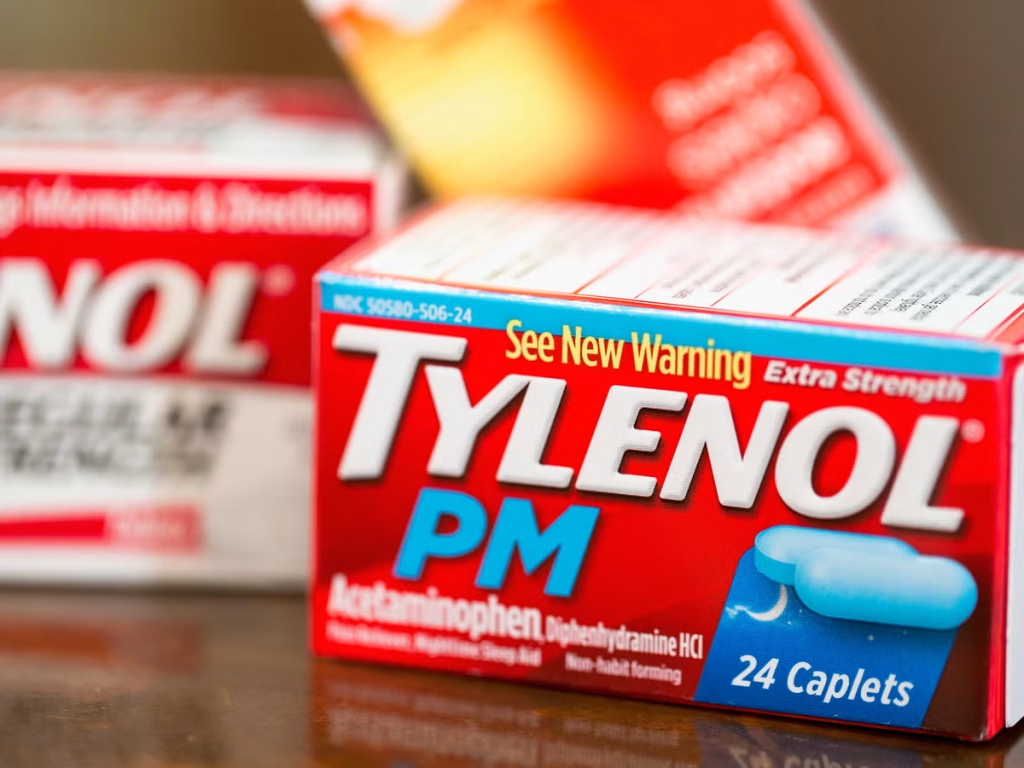
The tension at the heart of this story lies in the balance between caution and evidence. On one side is the instinct to protect unborn children at any cost, and on the other is the need to rely on hard science rather than speculation. Trump has never shied away from making bold claims, and his Tylenol announcement was no exception. Whether history will see this as a moment of foresight or a dangerous spread of alarm remains to be seen.
For now, one thing is clear: conversations about pregnancy, autism, and over-the-counter medicine have been shaken like never before. Women everywhere are left with new fears, doctors with new questions from their patients, and the FDA with the responsibility to navigate between political pressure and scientific integrity. In households across America, a simple red box of Tylenol now carries a weight far heavier than its label.
